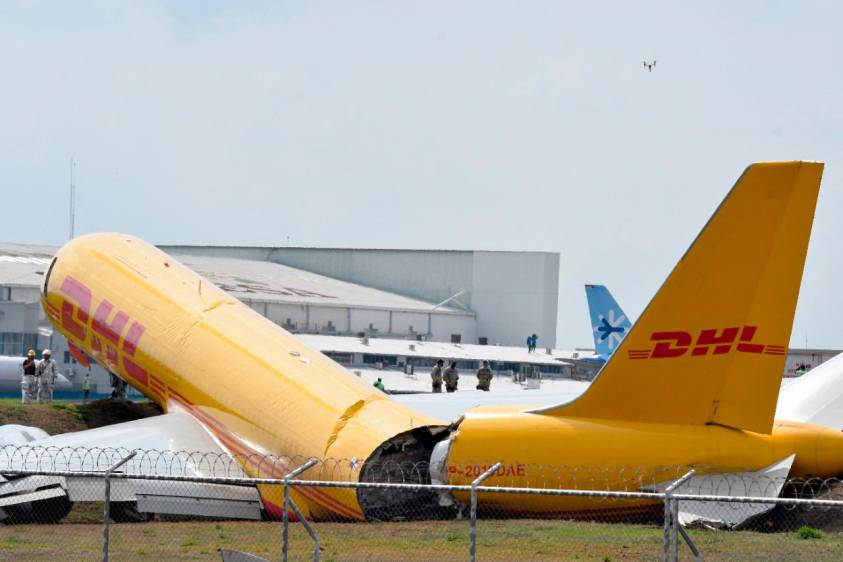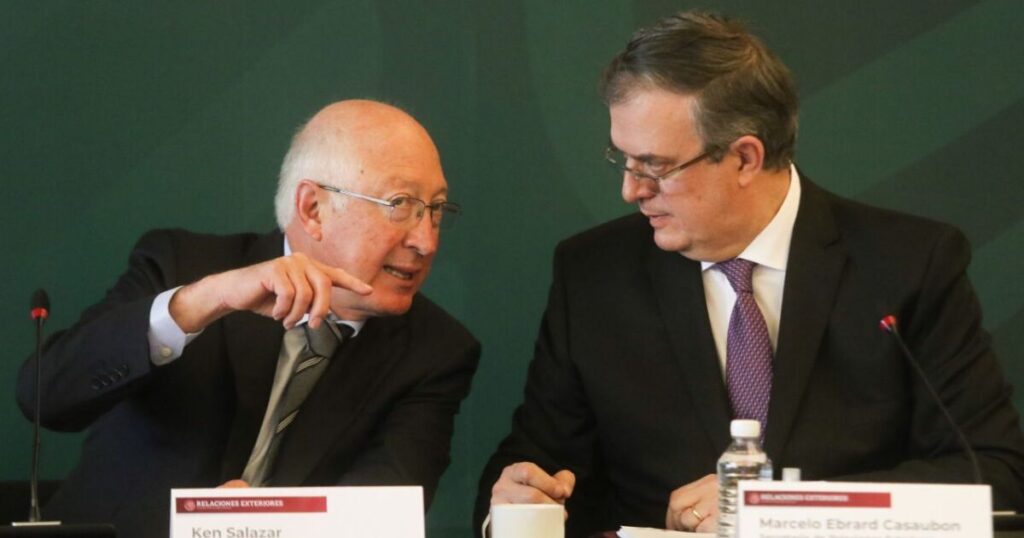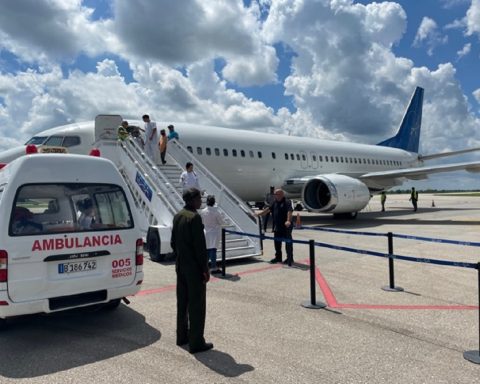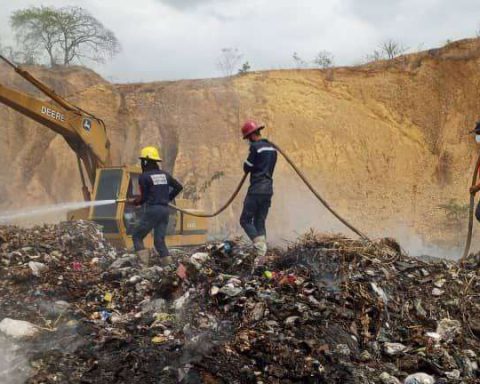The invasion of Ukraine by Russia has paralyzed the process of the World Health Organization (WHO) to verify the efficacy of the Russian vaccine against covid-19, Sputnik V, used by several Latin American countries, which have requested the endorsement international.
Source: EFE
The director general of the WHO, Tedros Adhanom Ghebreyesus, admitted this Thursday that they have not even started the process, at a press conference in Washington with the US Secretary of Health, Xavier Becerra.
“The inspection team was supposed to go (to Russia) a few days before the invasion, and there is no way we can proceed now,” said the WHO head.
Sputnik V is authorized in 70 countries, including Mexico, Argentina, Venezuela and Bolivia, according to the Russian Direct Investment Fund (FIDR).
However, the Russian vaccine has not yet been approved by the WHO, which means that in many cases the immunization certificate with this serum is not valid for travel to many countries.
The head of the WHO and the Secretary of Health of the United States also spoke about the situation in Ukraine, where Moscow began an invasion on February 24, and the mechanisms to keep the health system of the European country standing.
The WHO director-general said that there have been 103 attacks on health centers in Ukraine, which have left at least 73 dead and 51 injured, including patients and health workers.
“Attacks on health centers are a violation of international humanitarian law,” reproached Tedros, who assured that the international community has sent 180 tons of medicine to the country.
WHO THANKS US FOR DONATION OF VACCINES
On the other hand, the head of the WHO thanked the United States for its “leadership” in the fight against the pandemic, especially highlighting its commitment to donating vaccines.
“His contribution to many health challenges is really great. As for covid, the US contribution is the largest (in the world). He has done his best,” the WHO chief said.
The director of the international organization emphasized the donations of vaccines that the United States has made to countries around the world, especially in Africa, a region where 83% of the population is still not vaccinated.
Tedros celebrated that the Administration of President Joe Biden is “strongly committed” to the WHO goal of achieving vaccination coverage of 70% of the world population.
In this sense, the Secretary of Health affirmed that the US “has been in the front line of battle in the fight against covid-19 in the world”, with the donation of 1,000 million vaccines to other countries.
Tedros and Becerra, who wore a mask during part of the event for having been in contact with the president of the US House of Representatives, Nancy Pelosi, who tested positive for covid, also urged the US Congress to approve additional funds to fight against the pandemic.
Republicans this week blocked the approval of a package of 10,000 million dollars, which, according to the White House, should be used to purchase vaccines, booster doses and medicines against the virus.
“I am sure that Congress will take this very seriously, because the leadership of the United States also motivates other countries,” stressed the head of the WHO.
During his visit to Washington, Tedros did not meet with Biden, because the president was “very busy”, but he had a few words of thanks for the US president’s closeness to the WHO.
One of Biden’s first decisions when he arrived at the White House last year was to sign an executive order to stop the withdrawal of the United States from the WHO, a process initiated by his predecessor, Donald Trump, who had also frozen the funds that Washington contributes to this body by considering it “biased” in favor of China.
THE CLIMATE CRISIS, ONE OF THE GREATEST HEALTH RISKS
Both also agreed that, in addition to the covid pandemic, the climate crisis is one of the greatest health risks facing the world.
Becerra warned that “the planet is in danger”, to which he highlighted Biden’s commitment to reduce emissions by 50% by 2030.
According to the director of the WHO, seven million people die each year from lung diseases caused by pollution, and claimed that “the climate crisis is a health crisis.”


















